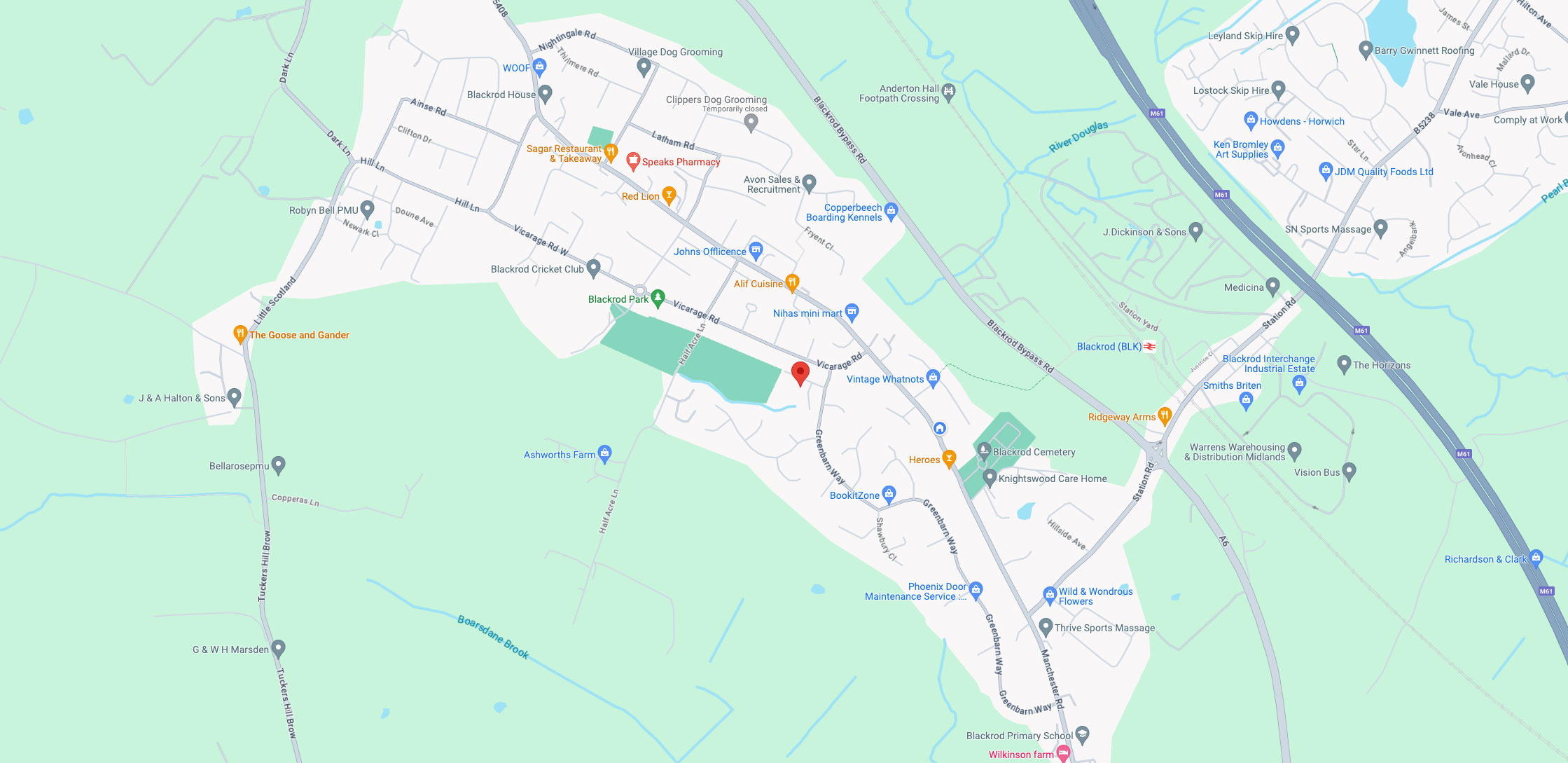We hear lots of different confusing words, terms and sayings when it comes to food. Below, we aim to explain some of these terms as simply as we can.
For some of these terms we have produced a video to explain in slightly more detail.
Additive is a substance added to a food often to change its colour, taste or ‘lifespan’.
Calcium is needed to maintain healthy bones and teeth.
Carboyhdrate can provide the body with energy.
Cholesterol is a type of fatty substance found in your blood and in foods you eat. You need cholesterol to help your brain, skin, and other organs do their jobs. But eating too much fat and cholesterol is a bad idea.
Fats provide energy. Also to store energy in the body and insulate it against the cold.
Fibre provides roughage to help to keep the food moving through the gut (and helps you go to the toilet!).
Minerals are needed by the body in small amounts to maintain health.
Monounsaturated fat is in nuts, nut oil, avocado, olives and olive oil.
Nutrients are a substance needed by humans, animals and plants to stay alive and healthy.
Polyunsaturated fat is in margarine, vegetable oil and oily fish (e.g., mackerel).
Portion is one serving of food, for example a portion of fruit might be termed as 80 grams or the size of your palm.
Protein – is used in the body for growth and repair.
Saturated Fat comes from animal sources and therefore are very unhealthy.
Starch is a type of carbohydrate (used for energy) – rice, potatoes and wheat, store their energy as starch.
Trans fat is artificially created fat used in the manufacture of foods and has been linked to an increased risk of coronary heart disease.
Unsaturated fat come from plant sources and therefore are better for us than saturated fats.
Vitamins help out body maintain its function.
Wholegrain foods ensure you get the full health benefits from the grains of wheat used in pasta and cereals.

